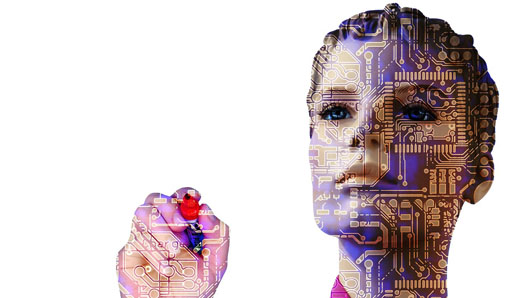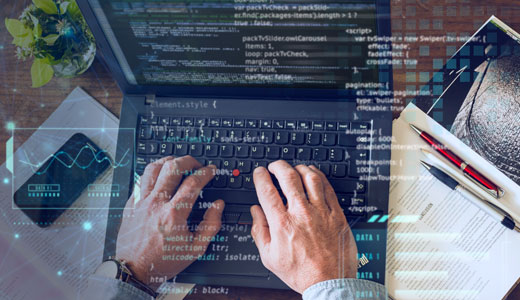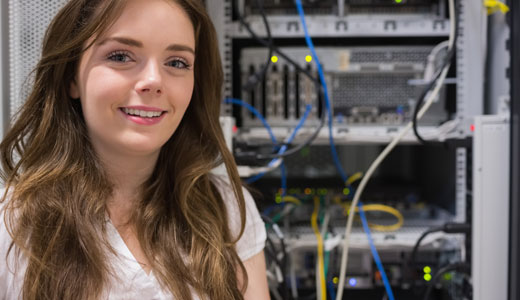News Lavoro News Lavoro News Lavoro News Lavoro News Lavoro News Lavoro News Lavoro News Lavoro News Lavoro News Lavoro News Lavoro
Previsioni Hi-Tech: cosa ci riserva il futuro?
9 dicembre 2016
 Dal 5 all’11 dicembre si celebra in tutto il mondo la Computer Science Education Week.
Dal 5 all’11 dicembre si celebra in tutto il mondo la Computer Science Education Week.
Combattere l’analfabetismo digitale è fondamentale in quest’epoca di grandi mutamenti, dove la tecnologia è centrale in tutti i campi.
Questo è importante soprattutto per le donne che rappresentano il 50% della popolazione ma di cui solo il 20% sceglie di specializzarsi nell’IT.
Per l’occasione Microsoft ha chiesto a 17 donne, che ricoprono ruoli chiave nei dipartimenti di ricerca della propria compagnia, quali saranno i cambiamenti nei prossimi 10 anni nel settore e quindi quali le opportunità di carriera su cui concentrarsi.
Dall’intelligenza artificiale alla programmazione cellulare, dalla realtà aumentata a sistemi di crittografia avanzati, moltissime sono le idee in campo, sorprendenti quando si pensa che sono proprio queste ricercatrici a impegnarsi per renderle reali.
Potete leggere tutte le interviste complete sul blog di Microsoft.
Ecco alcune previsioni che che ci hanno colpito.
Susan Dumais, distinguished scientist and deputy managing director: "[…] The search box will disappear. It will be replaced by search functionality that is more ubiquitous, embedded and contextually sensitive […] This trend will accelerate with the ability to issue queries consisting of sound, images or video, and with the use of context to proactively retrieve information related to the current location, content, entities or activities without explicit queries."
Mar Gonzalez Franco, researcher MSR NExT: "[…] By 2027 we will have ubiquitous virtual reality systems that will provide such rich multisensorial experiences that will be capable of producing hallucinations which blend or alter perceived reality. Using this technology, humans will retrain, recalibrate and improve their perceptual systems."
Nicole Immorlica, senior researcher: "[…] By 2027, automation will give rise to a new economy in which most people’s societal contribution comes from the data they generate as they go about their lives rather than the work they do. Economists will be talking about ways to fairly compensate people for these contributions."
Asta Roseway, principal research designer: "[…] Farmers will leverage artificial intelligence streaming capabilities to maintain healthy yields regardless of climate change, drought and disaster."

















